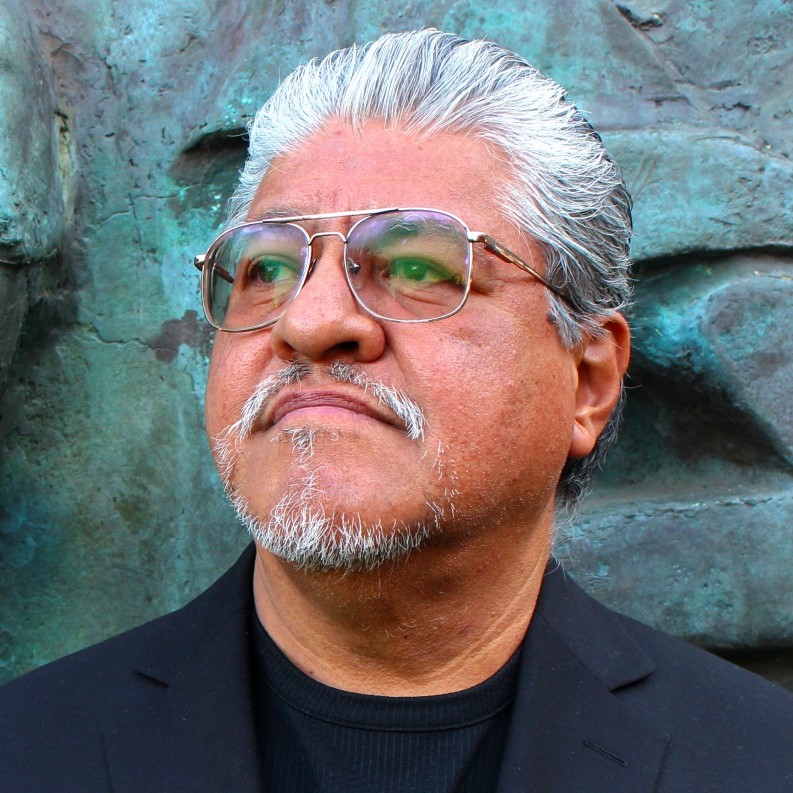The thing is I wanted to be a writer
even before I knew what writing was about.
I wanted to carve out the words
that swim in the bloodstream,
to press a stunted pencil onto paper
so lines break free like birds in flight—
to fashion words with hair,
lengths and lengths of it,
washed with dawn’s rusting drizzle.
I yearned for mortar-lined words,
speaking in their own boasting tongues,
not the diminished, frightened stammering of my childhood,
but to shape scorching syllables with midnight dust.
Words that stood up in bed,
danced merenques and cumbias,
that incinerated the belly like a shimmering habanera.
Words with a spoonful of tears, buckshot, traces of garlic,
cilantro, aerosol spray, and ocean froth.
Words that guffawed, tarnished smooth faces,
and wrung song out of silence.
Words as languid as a woman’s stride,
as severe as a convict’s gaze,
herniated like a bad plan,
soaked as in a summer downpour.
I aspired to walk inside these words,
to manipulate their internal organs,
surrounded by veins, gray matter, and caesuras;
to slam words down like the bones of a street domino game—
and to crack them in two like lovers’ hearts.
Published:
2016
Length:
Regular
Literary Movements:
Contemporary
Anthology Years:
2023
Themes:
Ars Poetica
Bilingual
Identity
Intersectionality & Culture
Literary Devices:
Alliteration
the repetition of the same letter or sound at the beginning of words appearing in succession
Media Res
a literary work that begins in the middle of the action (from the Latin “into the middle of things)
Metaphor
a comparison between two unrelated things through a shared characteristic
Personification
the attribution of human qualities to a non-human thing
Sensory Detail
words used to invoke the five senses (vision, hearing, taste, touch, smell)
Simile
a comparison between two unlike things using the words “like” or “as”

